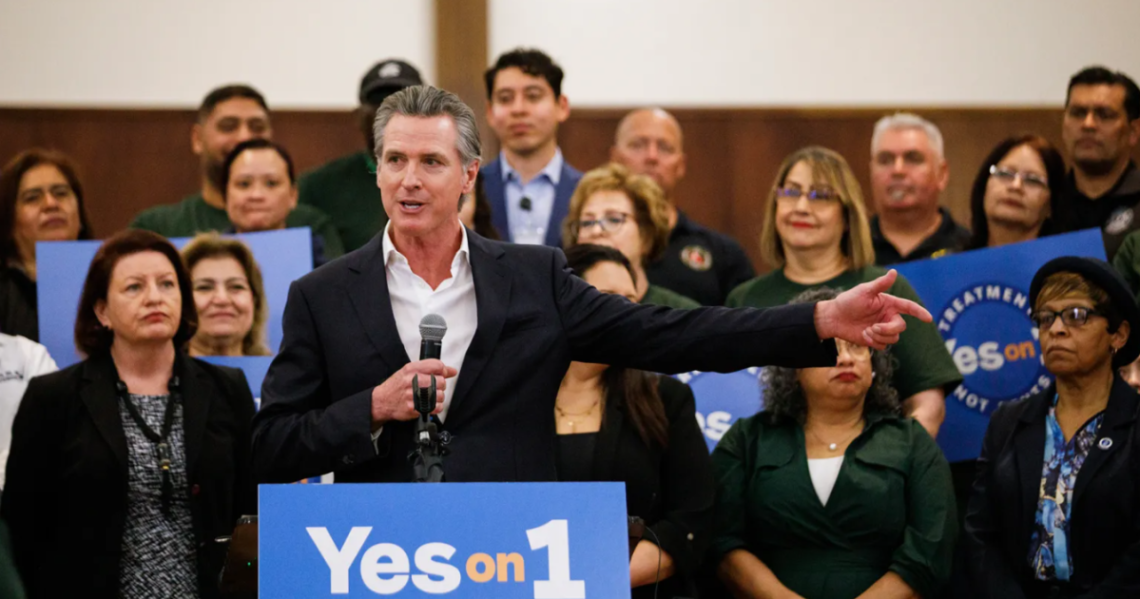California under Gov. Gavin Newsom has made sweeping changes to its behavioral health system, pouring billions of dollars into new services and support programs.
But the state’s ambitious plans face a looming threat: the proposed federal spending cuts that Congress is currently considering are seen as all but certain to impact Medicaid and could bring to a halt some of the headway the state has made in responding to its behavioral health crisis.
It’s not that all of California’s behavioral health policies are explicitly tied to Medicaid, but many state and local mental health programs draw funding from it. Less Medicaid money means less money for those efforts.
“When you remove resources of this size and scope everything is at risk,” said Alex Briscoe, principal with the nonprofit Public Works Alliance and who previously led the Alameda County Health Care Services Agency. “To be fair, the behavioral health reform landscape of California was just written, and we are still very much moving from promise to practice.
“So it’s an extremely difficult time to see such fundamental threats to funding Medicaid,” Briscoe said.
It is unclear what these federal spending cuts will look like, but a budget resolution that passed the House last month proposed $880 billion in reductions over the next 10 years from the committee that oversees Medicaid. Both chambers still need to agree on a joint budget resolution.
Medicaid, the joint state and federal health insurance program for low-income people, pays for the care of four in 10 Californians. It’s through this program, also known as Medi-Cal in the Golden State, that millions can access behavioral health services such as therapy, medication, psychiatric evaluations and crisis support. About two-thirds of…
Read the full article here







